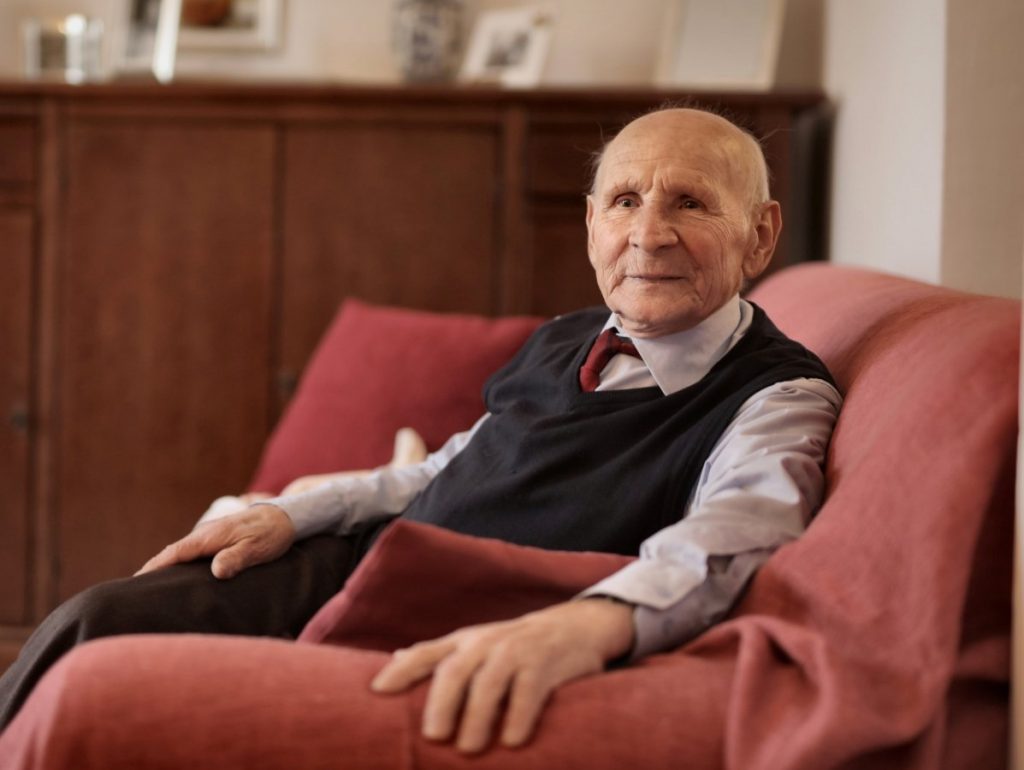With all the advancements in technology and in the field of medicine, it is no wonder that people have longer lifespans now more than ever. More elderly people are able to live on their own, albeit self-care and mobility challenges, and medical issues because of their advanced age.
In recent years, artificial intelligence has also gained a lot of ground in various fields. Aside from advancements in business and other areas, it has been utilised to focus on elderly care and in improving quality of life for those in their later years. From providing better and more streamlined services, all the way to the monitoring of elderly health and wellbeing, the use of artificial intelligence is proving to be a step in the right direction.
Let’s delve into some of the advancements of artificial intelligence for elderly care.
Health monitoring
One of the bigger hurdles of caring for the elderly is monitoring their health and their safety without intruding into their lives. Artificial intelligence and smart home monitors can help do that by unobtrusively checking vital signs and changes in behaviour and movements, as well as monitoring for accidents and falls that would need immediate medical attention.
Having a robot or a smart home set up for elderly living is great since sensors and technologies can be put into place to prevent and deal with any accidents, falls or mishaps. Not only is this good in terms of emergency response, but the elderly also get a sense of security that should anything happen to them within the home that would require emergency or medical intervention, help will be on their way.
Virtual Assistance
Being able to make sure that the elderly are following through on their take-home instructions and medications is important, but remembering to do them daily at home can be difficult because of cognitive decline and their failing memories. Smart robots are now being utilised to help the elderly be reminded of the health schedules they should keep on a daily basis. Cues are given to help them remember to take their medication on time, eat and do self-care tasks needed for better quality of life. Smart robots can also help in making sure that the elderly keep to their medical appointments and health check-ups to maintain better health.
 Robots can now also help make sure that the elderly follow a healthy routine throughout the day. Reminders about staying on track regarding getting physical activity and sharing useful and practical health and self-help information are other ways artificial intelligence is helping the elderly at home.
Robots can now also help make sure that the elderly follow a healthy routine throughout the day. Reminders about staying on track regarding getting physical activity and sharing useful and practical health and self-help information are other ways artificial intelligence is helping the elderly at home.
Other applications to elderly smart homes may entail artificial intelligence and robots to do small tasks around the home such as doing light cleaning or in meal preparation.
Keeping connected
Artificial intelligence can be utilised to help keep the elderly feel connected and less isolated from the outside world and the lives of friends and family members they hold dear. Smart robots have the capability to allow easier interaction and communication with family and friends regardless of distance, so family members can keep in touch and spend time with their elderly loved ones with ease. Video calls and photo-sharing capabilities also help the elderly feel more connected and may experience less feelings of loneliness and isolation.
Smart robots are also able to connect to medical professionals and doctors quickly and efficiently, should there be any emergency where quick medical attention is needed. This is very important to making sure that the elderly are given the best care.
Socialisation for physical, mental and emotional wellbeing
Artificial intelligence and smart robots can actually become daily companions for the elderly. Because they are designed to engage and be available to converse with, they can become vital companions that help the elderly become more social and maintain a healthy mental and emotional wellbeing. Smart robots actually become carers of sorts to the elderly where relationships and positive emotional bonds are created. It gives the elderly a sense of security that they are being cared for and attended to, but on their terms.
Artificial intelligence has advanced by leaps and bounds in the past years, and we see more and more applications for good for the elderly, people with disabilities and for those outliers of society that may need help and attention more than anything. Many are already benefitting from the new technologies coming out to make life easier and better for everyone–the elderly in particular. At present, there are already such great utilisations of this technology and it seems as though it will only improve and get even better in the future.
-This article was written by Abby Villarica from Green Box

